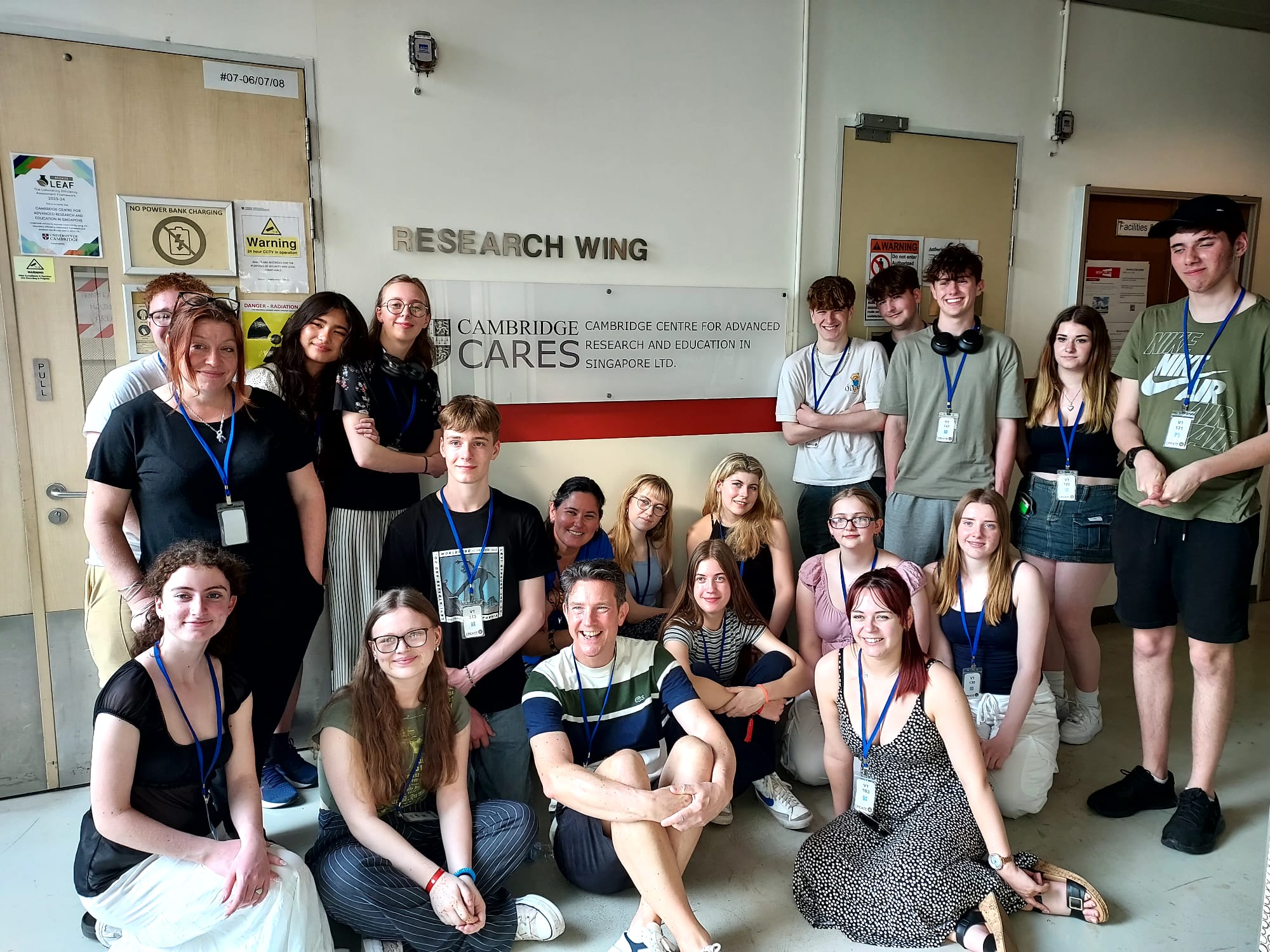 CARES Director Professor Markus Kraft has been selected as a finalist for the Falling Walls Science Breakthrough of the Year.
CARES Director Professor Markus Kraft has been selected as a finalist for the Falling Walls Science Breakthrough of the Year.
Professor Kraft’s submission proposes a new understanding of how soot particles form. He and a team of international collaborators used experimental and computational observations to identify a new pathway of soot formation. Initially, non-contact atomic force microscopy revealed a number of different aromatic soot precursors. These were characterised before quantum molecular dynamics was used to explore a variety of reactions. It was clear that one particular species – localised π-diradicals – form a strong bond that allows them to permanently knit together, creating a seed from which soot could grow.
The harmful impact of soot on human health and the planet is well documented. Enhanced understanding of the soot formation process may help us to identify better ways of reducing soot. In addition, this new chemistry could open doors in materials science and allow us to design and produce new nanomaterials, for example, improved carbon nanodots for fluorescent dyes.

Haze over Singapore. Photo by Christoph Theisinger on Unsplash.
This work relates to the article “π-Diradical Aromatic Soot Precursors in Flames”, recently published in Journal of the American Chemical Society.
Falling Walls is an international platform that brings together leaders from all domains – science, business, politics, arts and society – to discover and promote the next breakthroughs in these areas. The Science Breakthrough of the Year award is given in ten categories.


